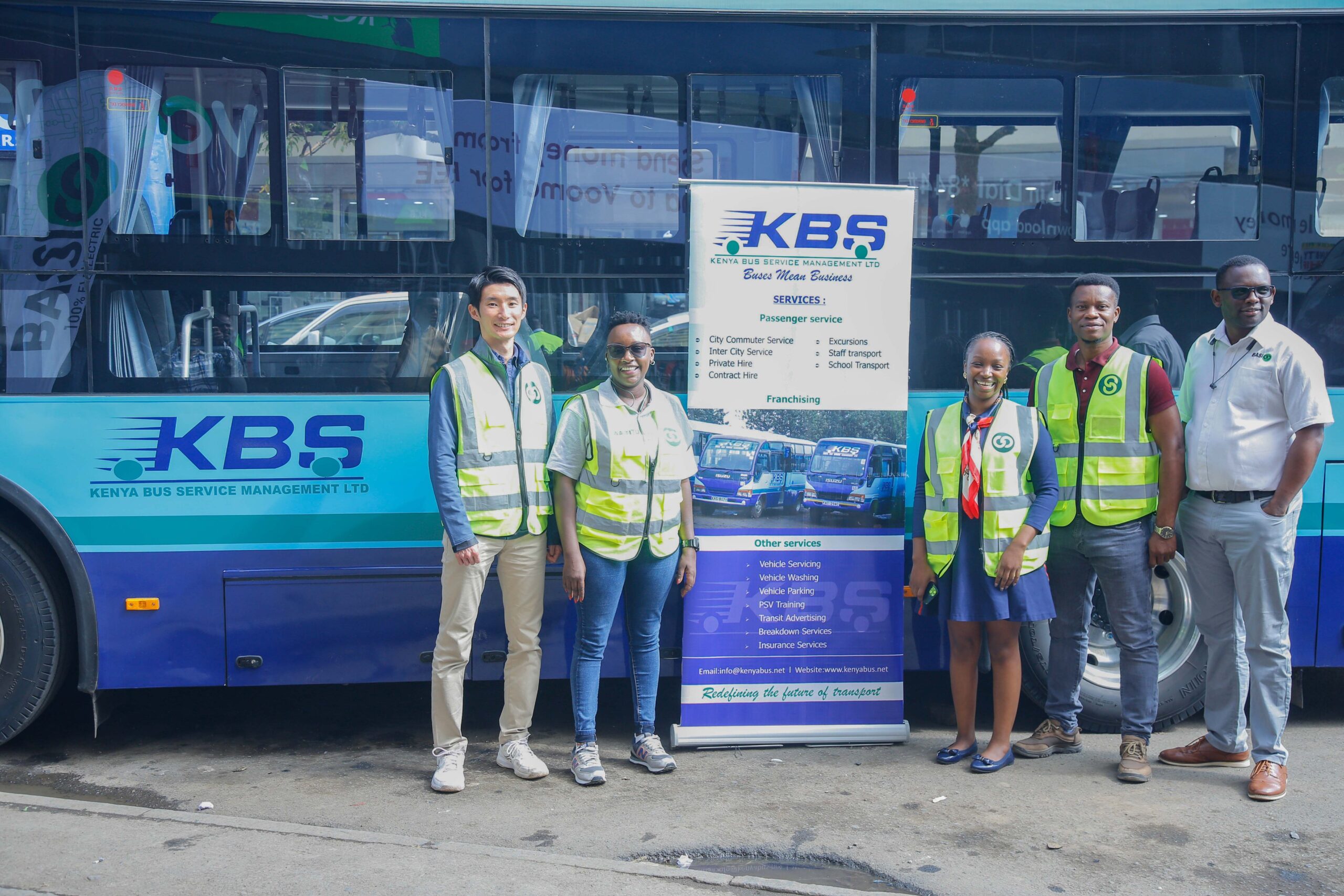Sign up for daily news updates from CleanTechnica on email. Or follow us on Google News!
I’m not an expert in economic development for developing countries, and I don’t have a degree in import/export taxes in such places. However, one thing is fairly well known across the world: if you are not a big oil-producing nation, you are sending a lot of your money to other countries. National costs of importing oil are immense.
A recent article by Remeredzai Joseph Kuhudzai made some additional interesting points in the case of Malawi. “Electricity tariffs are quite low, at less than 7 USD cents/kWh, and switching to electric can help the country save on scarce foreign currency. Malawi spends about $500 million every year on petrol and diesel imports, and for a country facing severe foreign currency shortages, reducing this import bill will be critical,” he writes. “Malawi currently has excess solar generation during the day which could be diverted to charge some electric cars whilst people work in their offices or have their cars parked whilst they go about their general business,” he adds.
Aside from the cost of importing oil and diesel/gas, foreign currency shortages are noteworthy, as foreign currency is needed in this market. Of course, solar energy comes with $0 fuel cost and is generated locally.
In addition, developing nations often received old, used cars from developed nations, and those car pollute much more, causing greater harm to human health, and all the associated costs that come with that.
Overall, it just seems extremely smart for developing nations to transition to electric vehicles as quickly as possible. As such, governments of these countries should find ways to stimulate more EV sales. But not only that, they have to stimulate more EV imports. As Malawi is showing, a key way to do that is to drop import duties on electric cars. Follow Malawi’s lead — do the same! One of our readers also noted the potential to cut sales taxes, something that has worked extremely well in Norway and some other countries. Here’s the comment from “Steve_S” on this and other matters:
They actually struck the Right Way to make EV’s a primary mode of transportation and all without having to cough up loads of subsidies & incentives. DROP Import Duties & Sales Taxes !
They are fortunate in a sense with the Lack of Ancient Backbone electrical grid. They can deploy far cheaper Renewables and build out a modular/cellular topology “power network”.
Power Grid = 19th /20th century nonsense.
Power Network = 21st Century & forward Energy Systems.PS: Stellantis is sending EV CARS to Malawi but NOT NORTH AMERICA !
Ohhh HOW TELLING THAT IS ! ROFLMAO
Indeed. One other reader, “super390,” added more nuance to the matter, though:
Well, it’s easier to drop import duties and sales taxes if your country had very high ones to begin with. GATT and WTO put a lot of pressure on major economies to do away with duties and taxes for everything, while smaller economies with chronic balance of trade problems probably were more resistant to that pressure. Now everyone is turning against trade and looking to put the barriers up again. EVs can easily get swept up in populist posturing despite the logic of getting rid of oil imports instead.
No one solution will fit everyone, but reducing or cutting import duties and sales taxes on EVs seem to be some of the best ways to cut oil addiction and benefit in the long term from energy independence.
Have a tip for CleanTechnica? Want to advertise? Want to suggest a guest for our CleanTech Talk podcast? Contact us here.
Latest CleanTechnica.TV Videos
CleanTechnica uses affiliate links. See our policy here.
CleanTechnica’s Comment Policy





